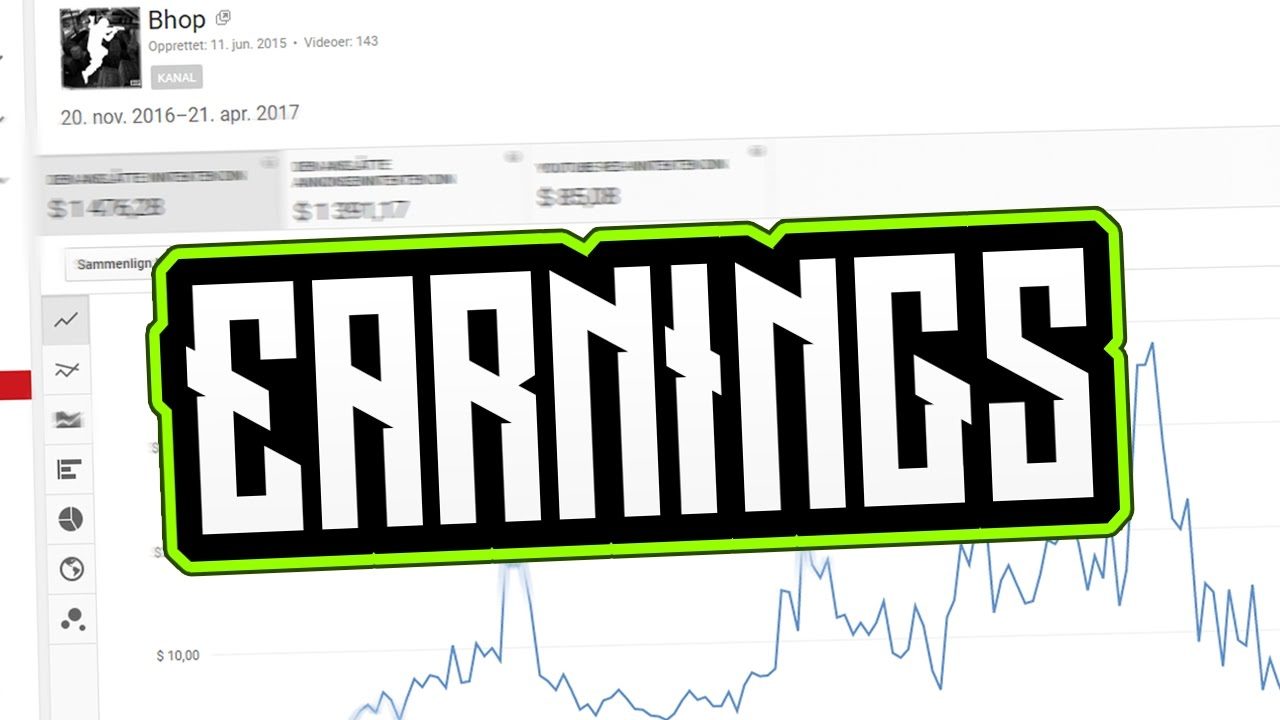Esports has rapidly emerged as a lucrative industry, attracting millions of viewers and generating billion-dollar revenues. One of the key drivers behind the success of esports is sponsorships.
You may have noticed logos of renowned brands like Red Bull, Intel, and Samsung plastered across gaming events or on jerseys of professional esports teams. These sponsorships play a crucial role in fueling the growth of the esports ecosystem.
Esports sponsorships provide companies with a unique opportunity to reach a highly engaged audience of primarily young and tech-savvy individuals. By associating themselves with popular esports teams, tournaments, or individual players, sponsors can enhance their brand visibility and connect with a demographic that is notoriously difficult to reach through traditional advertising channels.
For esports organizations and players, sponsorships are a vital source of income. From covering travel expenses and providing top-notch gaming equipment to offering lucrative endorsement deals, sponsorships enable esports professionals to pursue their passion full-time and compete at the highest level.
Moreover, esports events heavily rely on sponsorships to fund prize pools, production costs, and venue rentals. Major tournaments such as The International (Dota 2) or the League of Legends World Championship boast multi-million dollar prize pools, largely fueled by sponsor contributions.
In recent years, non-endemic sponsors from outside the gaming industry have started to take notice of the immense potential of esports. Companies from sectors like automotive, food and beverage, fashion, and telecommunications have all jumped on the esports bandwagon, recognizing it as a valuable platform for marketing their products and services.
In terms of activating sponsorships in esports, creativity is key. Brands that simply slap their logos onto a banner or jersey often fail to resonate with the esports audience. Successful sponsor activations involve creating engaging content, organizing fan meet-and-greets, sponsoring in-game events, or developing custom-branded merchandise that resonates with the gaming community.
As the esports industry continues to evolve and expand, the role of sponsorships in shaping its trajectory will only become more pronounced. Brands looking to tap into the dynamic and rapidly growing esports market must approach sponsorships strategically, understanding the unique nuances of the gaming community and creating authentic connections that go beyond traditional marketing tactics.
To conclude, esports sponsorships are not merely about slapping a logo on a screen; they represent a powerful tool for brands to engage with a highly coveted demographic and for esports stakeholders to sustain and grow the industry. As the sponsorship game in esports continues to evolve, it will be exciting to see how brands and organizations leverage this mutually beneficial relationship to drive innovation and push the boundaries of what is possible in the world of competitive gaming.




